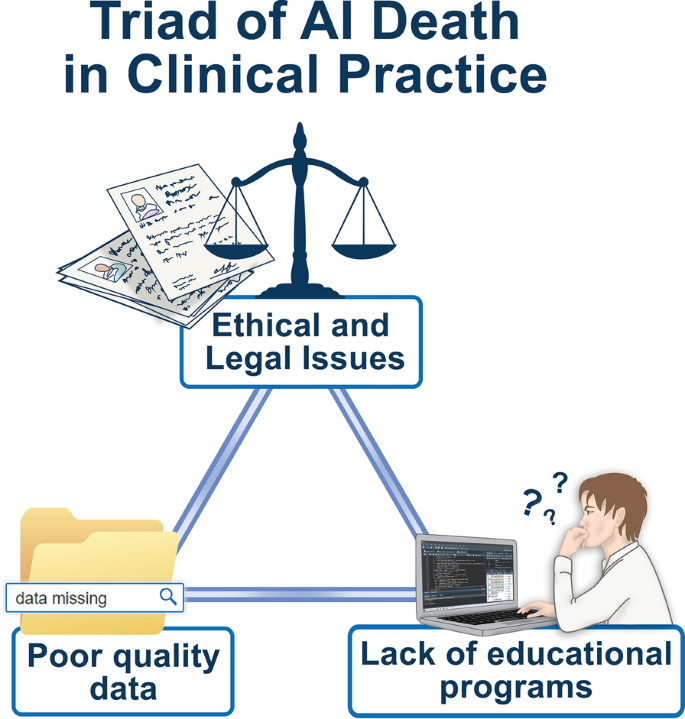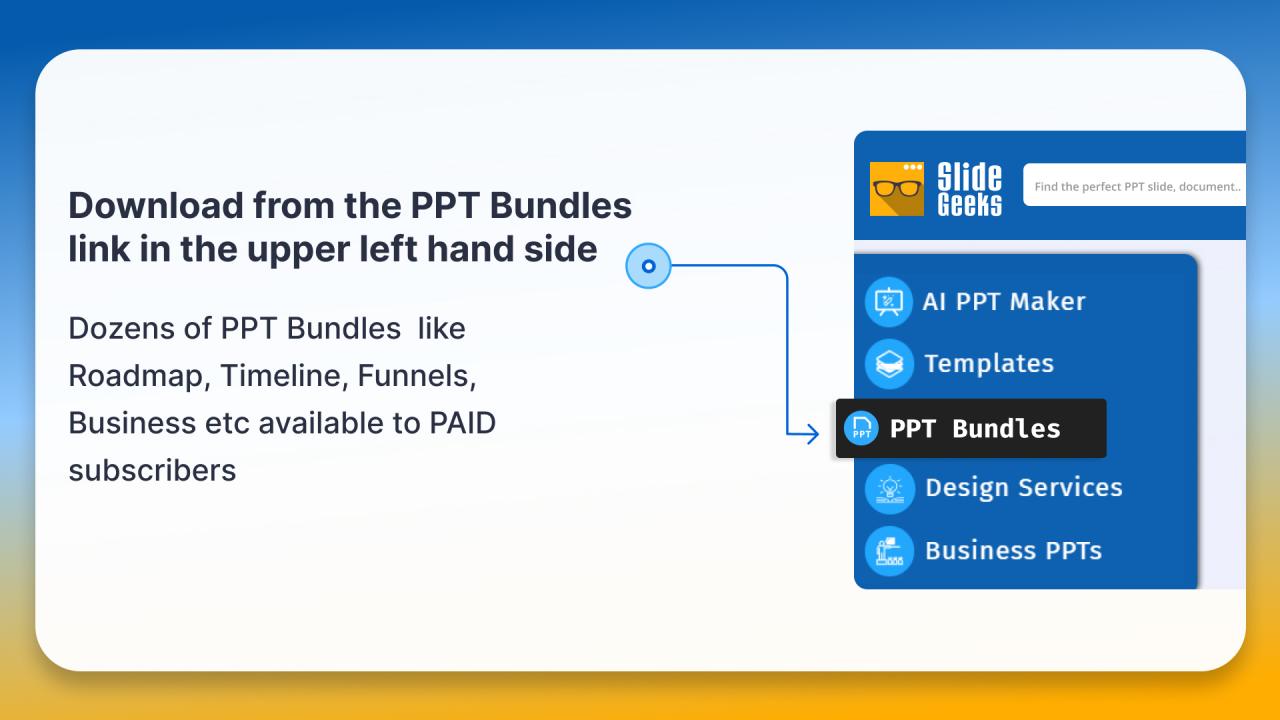Google's AI Game Plan - by Gennaro Cuofano
With AI development in full swing and a just-announced $500 billion plan to further build the infrastructure to serve the future business ecosystem, the industry's development is inevitable. Of course, as explained in AI Supercycle, this economic paradigm will play out in 30-50 years. This will touch different industries, depending on the stage of this supercycle. These sub-cycles will work in parallel at a particular stage and reinforce each other. We’re just in the first phase of what has been called The Web². However, as The Web² shapes up, it will also layer on top of emerging technologies, finally viable by AI.
The Evolution of AI in Business
It turns into a reinforcing loop of faster economic progression. This multi-cycle of AI integration will move from a feature to a core form factor of a business. Many organizations, especially those in the software industry, must adapt quickly to this new reality. Parts of the previous paradigm will be scrapped, as they were transitional, while others will be kept to build upon and expand.

Time is running out, organizations have to evolve by defending and attacking the market to prevent falling into the Incumbent Paradox. This includes preserving existing models while reshaping and redefining the business model to stay competitive.
Google's Strategic Shift
As a prime example, Google is currently undergoing a transformation to adapt to the AI landscape. The company is moving from a defend-attack mode to transform-create mode. Google is restructuring its AI teams and focusing on initiatives like Gemini AI to rival ChatGPT and enhance its AI capabilities.

Google's AI Triad lays the foundation of its business model in the AI era, leveraging hardware infrastructure to power up enterprise services through Google’s Cloud infrastructure. This infrastructure primarily supports consumer products developed and distributed by Google.
Notably, Google is transitioning towards "cognitive discovery," signaling a significant shift in the search industry. The company is exploring new opportunities beyond its core business, such as the autonomous vehicle sector with Waymo. Waymo, a subsidiary of Alphabet, uses Google's Gemini infrastructure to advance autonomous driving technology.
The Future of Google and AI Integration
Google's strategic evolution focuses on defending its core dominance while aggressively attacking new markets with AI-driven initiatives. This includes scaling Waymo, integrating advanced AI models like EMMA, and enhancing existing technologies like Maps. Google aims to create new revenue streams and achieve market leadership beyond 2030 by embracing AI as a core business factor.

Conclusion
AI is reshaping industries and driving an economic supercycle, requiring businesses to adapt and evolve rapidly. The integration of AI from a feature to a core business element demands strategic shifts to defend and attack markets effectively. Google's AI game plan exemplifies this transition, as the company reorganizes around AI to stay competitive and drive innovation across various sectors.




















